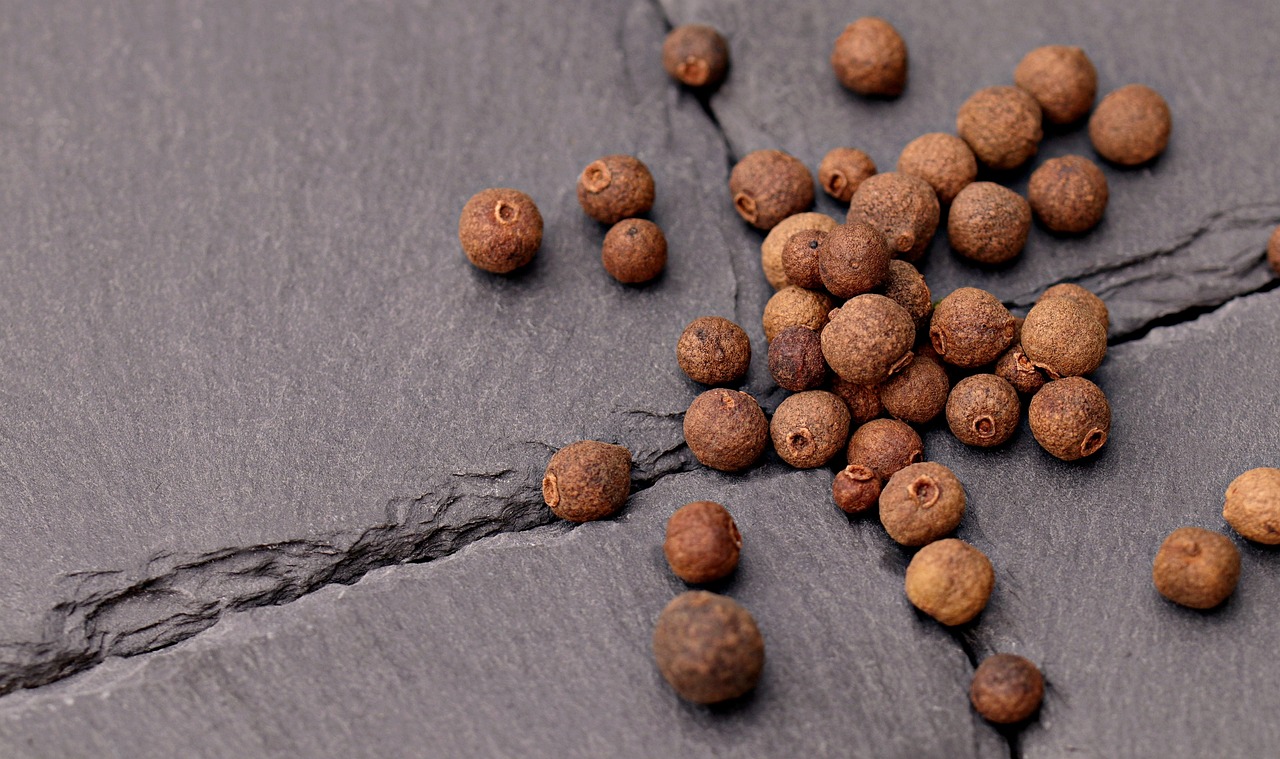The Impact of Protein Bars on Hormonal Health During Premenstrual Dysphoric Disorder (PMDD): 11xplay reddy login password, Tigerexch247, Betbook 1
11xplay reddy login password, tigerexch247, betbook 1: The Impact of Protein Bars on Hormonal Health During Premenstrual Dysphoric Disorder (PMDD)
Premenstrual Dysphoric Disorder (PMDD) is a severe form of premenstrual syndrome (PMS) that affects women’s hormonal health, causing physical and emotional symptoms in the days leading up to menstruation. Symptoms of PMDD can include mood swings, irritability, fatigue, and bloating, among others. Managing PMDD can be challenging, but one potential solution that has gained popularity in recent years is the use of protein bars to support hormonal health during this time.
Protein bars have become a popular choice for many women looking for convenient and healthy snack options. Packed with protein, fiber, and essential vitamins and minerals, protein bars can provide a quick and easy way to boost your energy levels and support your overall health. But can protein bars really make a difference when it comes to managing PMDD symptoms?
In this article, we will explore the impact of protein bars on hormonal health during PMDD and discuss how they can be incorporated into your diet to help alleviate symptoms and support your well-being during this challenging time.
Understanding PMDD and Hormonal Health
Before we delve into the role of protein bars in managing PMDD, it’s essential to understand the hormonal imbalances that contribute to this condition. PMDD is believed to be caused by fluctuations in estrogen and progesterone levels during the menstrual cycle, which can affect neurotransmitters in the brain and lead to mood changes and physical symptoms.
Estrogen and progesterone play a crucial role in regulating the menstrual cycle and maintaining hormonal balance in the body. When these hormones are out of balance, it can disrupt the production of serotonin, a neurotransmitter that regulates mood and emotions. This disruption can lead to the emotional and physical symptoms commonly associated with PMDD.
How Protein Bars Can Support Hormonal Health During PMDD
Protein bars can play a significant role in supporting hormonal health during PMDD by providing essential nutrients that can help regulate hormone levels and alleviate symptoms. Here are some ways in which protein bars can impact hormonal health during PMDD:
1. Protein bars are rich in amino acids, the building blocks of protein that are essential for hormone production and balance in the body. Consuming adequate amounts of protein can help support the production of neurotransmitters like serotonin and dopamine, which can improve mood and reduce symptoms of PMDD.
2. Protein bars are a convenient and portable snack option that can help stabilize blood sugar levels throughout the day. Maintaining stable blood sugar levels is essential for hormone regulation and can help prevent mood swings, cravings, and energy crashes commonly experienced during PMDD.
3. Protein bars are often fortified with vitamins and minerals that are essential for hormone production and overall health. Nutrients like vitamin B6, magnesium, and zinc play a crucial role in hormonal balance and can help alleviate symptoms of PMDD, such as bloating, fatigue, and irritability.
Incorporating Protein Bars Into Your Diet During PMDD
To reap the benefits of protein bars for hormonal health during PMDD, it’s essential to incorporate them into your diet in a balanced and mindful way. Here are some tips for incorporating protein bars into your diet during PMDD:
1. Choose protein bars that are low in added sugars and artificial ingredients. Look for bars that contain whole food ingredients, such as nuts, seeds, and dried fruits, and avoid bars with high amounts of sugar and preservatives, which can disrupt hormone balance.
2. Use protein bars as a convenient snack option between meals to help stabilize blood sugar levels and prevent cravings and energy crashes. Consuming a protein bar in the afternoon or before a workout can provide a steady source of energy and support hormonal balance throughout the day.
3. Pair protein bars with other nutrient-dense foods to create a balanced meal or snack. For example, you can enjoy a protein bar with a piece of fruit or a handful of nuts to increase the overall nutrient content and support hormone regulation during PMDD.
FAQs
Q: Can protein bars replace meals during PMDD?
A: While protein bars can be a convenient snack option during PMDD, they should not replace balanced meals that provide a variety of nutrients essential for hormonal health. It’s important to consume a well-rounded diet that includes a mix of protein, carbohydrates, fats, vitamins, and minerals to support overall health during this time.
Q: Are there any potential side effects of consuming protein bars during PMDD?
A: Some protein bars may contain ingredients that can trigger digestive issues or allergies in some individuals. It’s essential to read the ingredients list carefully and choose bars that are free of common allergens or sensitivities. If you experience any adverse reactions after consuming protein bars, it’s best to consult with a healthcare provider.
Q: How often should I consume protein bars during PMDD?
A: The frequency of consuming protein bars during PMDD can vary depending on individual nutritional needs and preferences. Some women may choose to enjoy a protein bar daily as a snack option, while others may opt for them occasionally as needed. Listen to your body’s cues and adjust your intake accordingly to support your hormonal health.
In conclusion, protein bars can be a valuable addition to your diet during PMDD, providing essential nutrients that support hormonal balance and alleviate symptoms. By choosing high-quality protein bars and incorporating them into your meals and snacks mindfully, you can help manage PMDD symptoms and support your overall well-being during this challenging time. Remember to consult with a healthcare provider or nutritionist for personalized recommendations and guidance on managing PMDD through diet and lifestyle changes.







